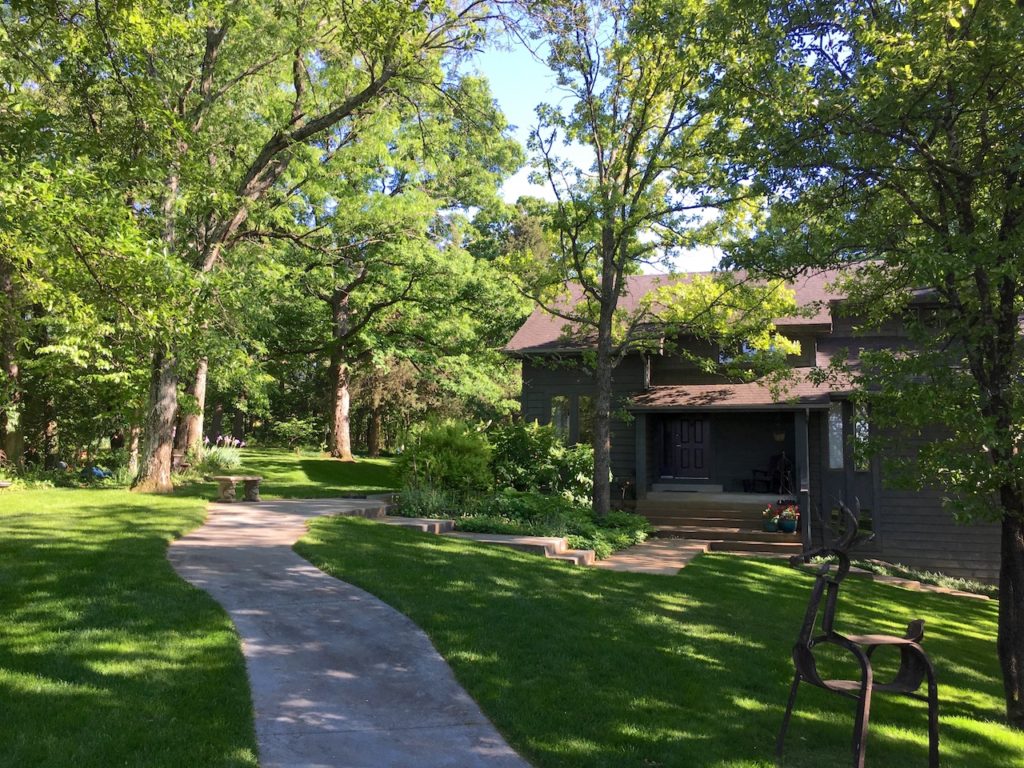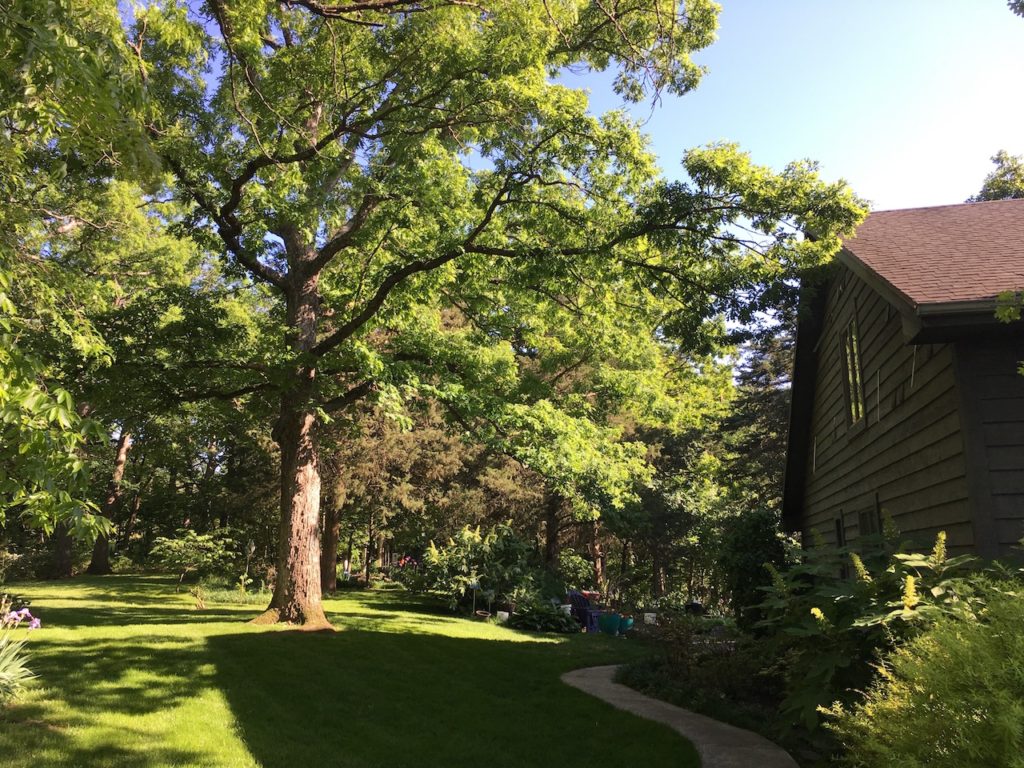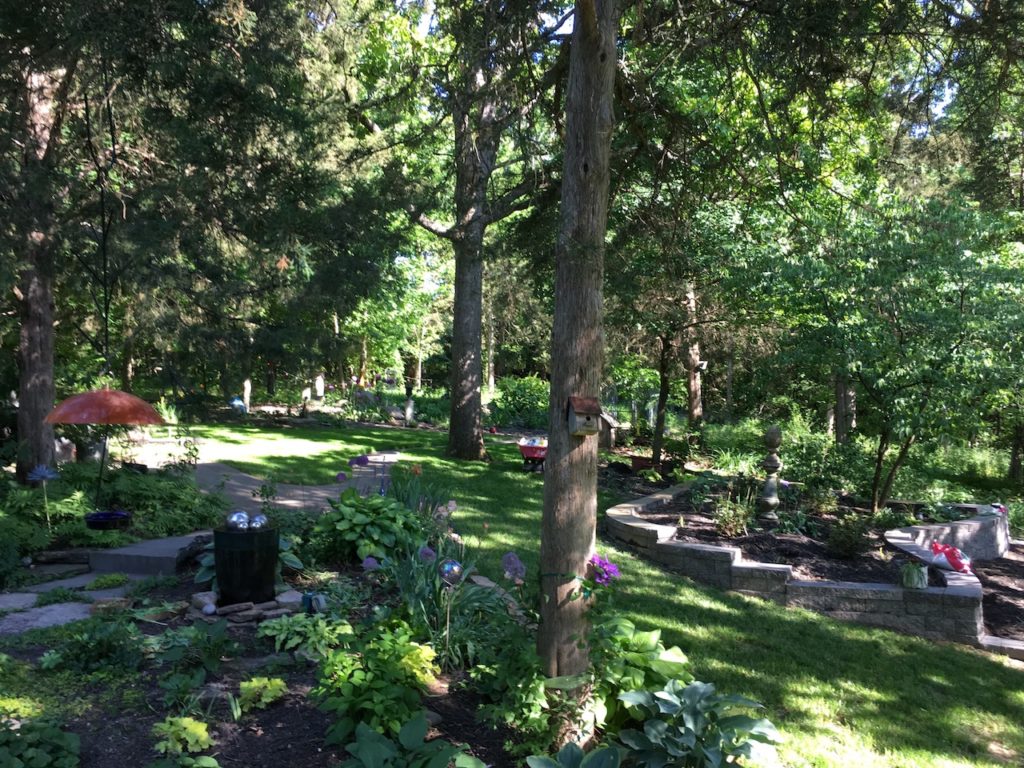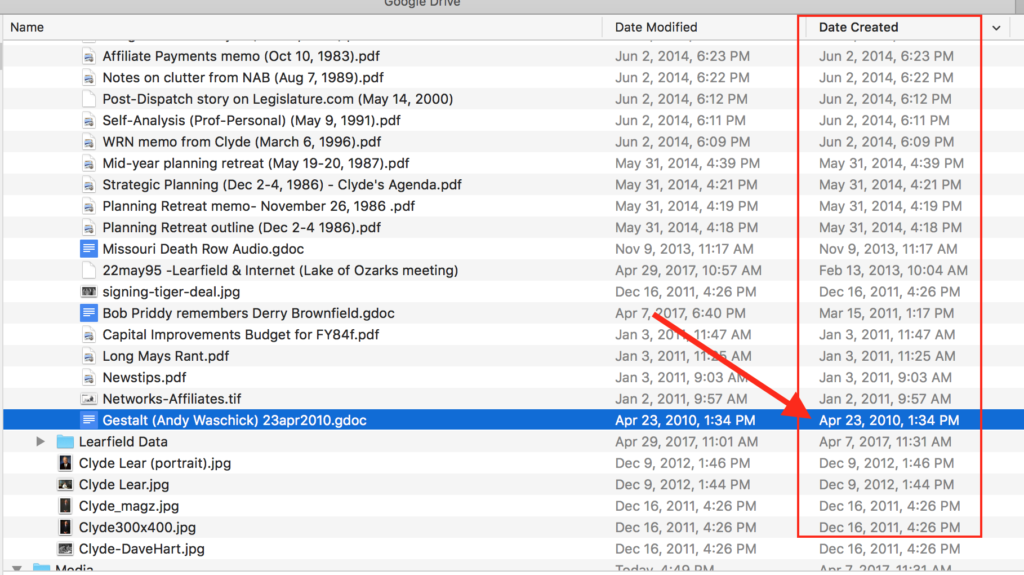This morning I heard about Arkonik, a company in the UK that does custom restorations of vintage Land Rovers. I submitted my name and email address on their website and within 5 minutes got a call from Tom Maxwell who might just be the best phone salesman I’ve ever encountered. He talked for half an hour but it was all good stuff. A full-on core dump. Where I could get no information from the Cool & Vintage guys, I got more from Tom than I could process. (D90 below is just a sample image from their website)

It’s becoming clear I’m gonna drop a bundle if I want to own a Land Rover D90. Did I mention the 12 month wait? This is clearly a seller’s market. Much more like buying/investing in fine art than driving a new Prelude off the lot. Or a bespoke suit on Savile Row. Deep water for a small town boy like me. But I’m hooked. Unless I get unhooked. From the jump Tom (and others) have stressed how much are and attention a 25 year old vehicle demands. It’s really more like buying a Golden Retriever than a truck. So why the hell is the Defender worth so much?
“I’ll tell you why: because it’s so damn cool. Yes, it’s loud, and rough, and slow, and unreliable. Yes, the Jeep Wrangler is better than the Defender in every objective way. But that’s the point of the Defender: it’s unique. It’s special. It’s unusual. The Jeep Wrangler is for people who leave their dealership license plate frame on. For people who drive past six gas stations to get to a Texaco two miles from their house because gas there is three cents cheaper.” (Jalopnik)
Stay tuned.






 In the late 80’s I was doing affiliate relations for about 120 radio stations (in Missouri and Iowa). I had a card for each station in a Rolodex on my desk. Using a typewriter, I packed as much information on each card as possible. Station manager, program director, news director, address, phone, fax (few if any email addresses in ’87). By my right knee was a file drawer containing manila file folders for each station. This would contain copies of all correspondence; notes from phone calls and f2f visits. It was a paper world. The portable version of the Rolodex was a page with as much of the info as could be crammed on a sheet of paper. (Columns: City, GM, PD, ND, Address, Phone, Fax, etc)
In the late 80’s I was doing affiliate relations for about 120 radio stations (in Missouri and Iowa). I had a card for each station in a Rolodex on my desk. Using a typewriter, I packed as much information on each card as possible. Station manager, program director, news director, address, phone, fax (few if any email addresses in ’87). By my right knee was a file drawer containing manila file folders for each station. This would contain copies of all correspondence; notes from phone calls and f2f visits. It was a paper world. The portable version of the Rolodex was a page with as much of the info as could be crammed on a sheet of paper. (Columns: City, GM, PD, ND, Address, Phone, Fax, etc) Assuming I’m not overlooking something, the oldest doc I have is from April of 2010. Google Drive launched in February 2007. This would mean I didn’t use Google for the first few years. Can’t imagine why but that’s possible.
Assuming I’m not overlooking something, the oldest doc I have is from April of 2010. Google Drive launched in February 2007. This would mean I didn’t use Google for the first few years. Can’t imagine why but that’s possible.